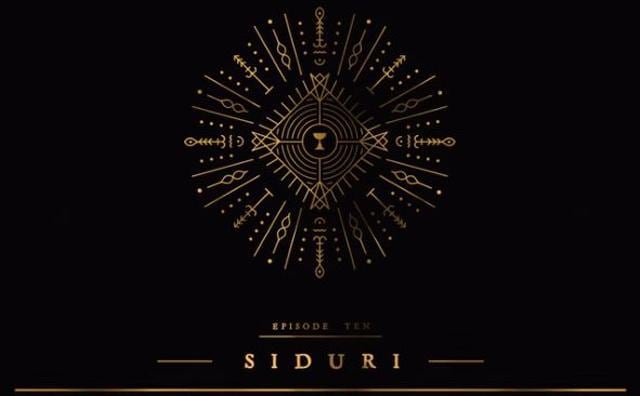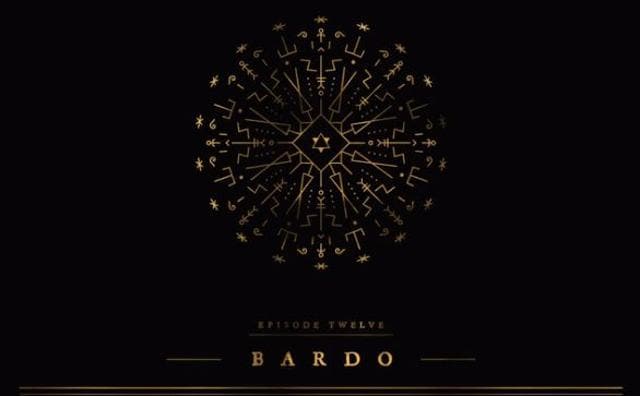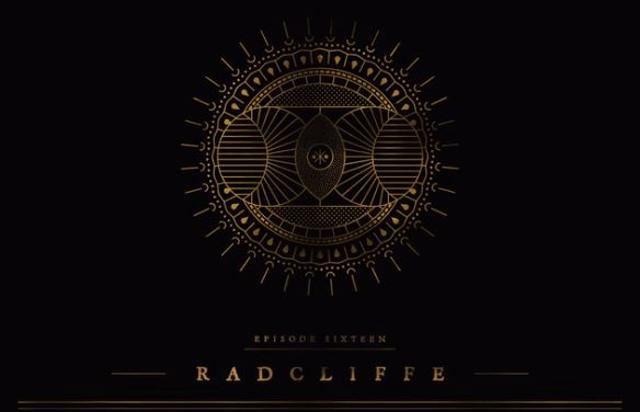Sacred Games season 2 episode titles explained; the mind-blowing meaning of Matsya, Apasmara, Bardo, etc
Like season one, the episode titles of Sacred Games’ second season have deep thematic connections to the show’s plot. Matsya, Apasmara, Bardo, Radcliffe, etc, explained.
The second season of Sacred Games, like season one, is dense with references to mythology. But this time around, lead writer Varun Grover and his team have drawn not only from Hindu mythology, but epics from all over the world.

Season two itself is a more international story, which heavily borrows themes from mythological tales such as the Mahabharata and the Epic of Gilgamesh. Sometimes these references are quite straightforward, but on other occasions, they could be rather obtuse.
The clearest indication of a particular episode’s most dominant themes can be found in its title. Like season one, the titles of the eight new chapters of Sacred Games offer clues about its plot - either directly or tangentially. Let’s take a look at what they mean. Spoilers to follow, of course.
Episode 1 - Matsya

Matsya is the fish avatar in the ten primary avatars of Hindu god Vishnu. Matsya is described as a saviour character, who is said to have rescued Manu and earthly existence from a great deluge. He later merges with the identity of Brahma.
The episode has many visual references to fish - it begins with Ganesh Gaitonde lost at sea, eating a fried fish. Later in the season, Gaitonde himself describes himself as Brahma in a drug induced trance. Guruji in one of his sermons also talks about how humanity has evolved from fish.
Episode 2 - Siduri

Siduri is a character in the Epic of Gilgamesh, often regarded as one of the earliest works of literature. She is said to represent wise female divinity and attempts to dissuade Gilgamesh in his quest for immortality, urging him to be content with the simple pleasures of life.
In the episode, Kalki Koechlin’s character quotes directly from the Epic of Gilgamesh. Parallels can be drawn between Gilgamesh’s quest and Gaitonde’s character arc in season two. Both Kalki’s character, Batya Abelman, and Sartaj Singh’s father, Dilbagh, lure the two towards the teachings of Guruji - as if they are channelling Siduri.
Episode 3 - Apasmara

According to Hindu mythology, Apasmara was an immortal demon dwarf who represented ignorance and epilepsy - to kill Apasmāra would mean attaining knowledge without effort, dedication and hard work. To subdue Apasmara, Lord Shiva adopted the Nataraj form and performed the Tandava dance. During this dance, Shiva crushed Apasmara with his right foot. In the episode, Guruji tells this story to his followers.
Episode 4 - Bardo

In Tibetan Buddhism, bardo is the central theme of the Bardo Thodol, the Tibetan Book of the Dead, and it represents the ‘intermediate, transitional, or liminal state between death and rebirth’, or purgatory.
In the episode, Ganesh Gaitonde finds himself torn between his gangster past, and the teachings of Guruji. Guruji often tells Gaitonde to shed his former self, and be reborn as a more spiritual being.
Episode 5 - Vikarna

In the Mahabharata, Vikarna was the third Kaurava, son of Dhritarashtra and Gandhari and a brother to the crown prince Duryodhana.
In the episode, Dilbagh Singh tells Gaitonde the story of Vikarna; of how he was the only Kaurava to raise his voice when Draupadi was being humiliated. Dilbagh compares Vikarna to Guruji, who is raising his voice against the atrocities that are being committed against the world.
Episode 6 - Azrael

According to Jewish and Islamic texts, Azrael is the Angel of Death. In both, he is said to hold a scroll containing details about the fate of the mortals.
In the episode, Gaitonde arrives in Mumbai - like the Angel of Death - to do the bidding of Guruji, and help launch a nuclear attack on the city. And of course, there exists a ‘bible’ for the plan, written by Guruji himself during a period of exile. Gaitonde later secures this text - like the scroll of Azrael - and brings it to Mumbai.
Episode 7 - Torino

Perhaps the most obtuse episode title of them all, Torino could be a reference to the Italian city of Turin, which is said to have magical qualities. In the episode, both Sartaj and Gaitonde are haunted by visions - sometimes of their city.
Episode 8 - Radcliffe

The episode’s title is a direct reference to the Radcliffe Line, which was drawn to bifurcate India and Pakistan during the Partition. The episode begins with a flashback to the Partition, and tells the story of Sartaj Singh’s mother, who was separated from her elder sister as her family was fleeing from Pakistan into India.
The episode’s larger themes touch upon Guruji’s master plan, which involves pitting India and Pakistan against one another to bring nuclear annihilation to Mumbai. There is also the heavy suggestion that Sartaj is related to Shahid Khan, the Pakistani terrorist tasked with carrying out the attack.
The second season of Sacred Games was released, ironically enough, on Independence Day. While the show has been critically acclaimed, audience reactions have been more mixed.
Follow @htshowbiz for more

Get more updates from Bollywood, Taylor Swift, Hollywood, Music and Web Series along with Latest Entertainment News at Hindustan Times.
Get more updates from Bollywood, Taylor Swift, Hollywood, Music and Web Series along with Latest Entertainment News at Hindustan Times.





